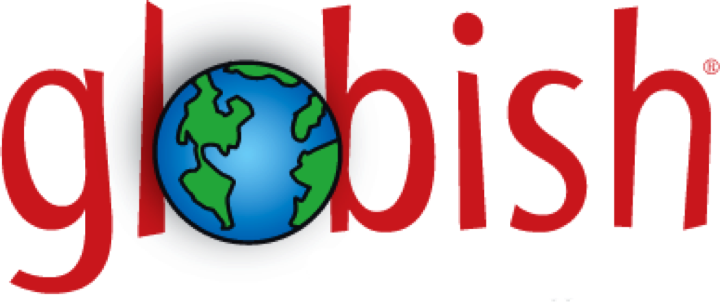History of 'Globish' Words
First set of Globish Words
(in Globish)
Jean-Paul Nerrière tells how he made the first list of Globish words:
When requested to write a book about Globish, in 2003, I knew that a very important rule was to avoid using difficult and rare English words.
My decision was that Globish needed to define a limited number of words but enough for all types of regular international communication. Communication between people sharing a common company, trade, or fun use the same Globish words, plus the English words used in this environment that most people already know.
I knew that the American Radio Station “Voice of America” (VOA) used to broadcast special programs for people in the many different parts of the world. Journalists use only words in a set named Special English. Special English has only 1500 words. People speak more slowly when using Special English (2/3 speed). It seems to work very well.
I decided that 1500 words should be enough for Globish also. I secured the VOA list, and used it as my first list input. I saw that it had a many words to describe war, terrorism and political messages. These words were not necessary for Globish because Globish is for international communication for travel, business and decision making.
Nonetheless, I started with the VOA list, and then looked at the list of words accepted by Charles K. Ogden in 1929. He demonstrated that simple communication can be achieved in English with 850 words. Mixing his list with VOA’s list was easy. Any word in both lists was included. The words in only one list had to be carefully thought about.
I then looked at lists of most often used English words. There are many lists available on the Internet, even quite a few for Chinese people. I used these lists and the opinions of two English teachers, and many native English speakers, to make the first Globish list of words.
Next, I took out connected words; words that were in a parent-child relationship (like ‘beautiful’ and ‘beauty’), and some words that had similar meanings, even if they were used very often. I think that when you have ‘nice’, ‘pretty’, ‘beauty’ you have enough, and ‘beauty’ makes ‘beautiful’. As well, you also have ‘lovely’. May be this is too many.
Now we are ready to work again on the list with international workers. The set of words is important because it needs to be useful to most people. People from different parts of the world have different needs so we want this to be an international process to get the very best result.
Some native English Speakers are not very good at this work! Too often, they think that there is a word with a special meaning that is badly needed but that word is not used by other people. There are some very rare English words that have very special meanings but people do not know them, so they are not in Globish. When native English speakers are together, they can use these words, possibly, but Globish is for everyone, and that is why it does not have these words.
(As part of the future standardisation process, there will be work on the revision of the original set of Globish words. Experts may wish to contribute by contacting the Globish Foundation.)

